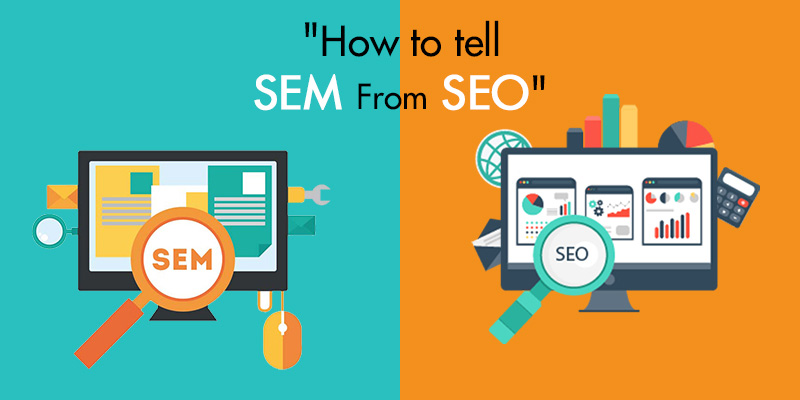I hope you enjoy reading this blog post.
If you want to get more traffic, Contact Us

Click Here - Free 30-Minute Strategy Session
Be quick! FREE spots are almost gone for this Month. Free Quote

Most of us use these terms interchangeably and believe that there’s absolutely no difference between the two.
But the fact is these terms are not the same and there is a difference. And if you want to implement these concepts successfully, you ought to know the difference in great detail.

Click Here – Free 30-Minute Strategy Session
Be quick! FREE spots are almost gone for this Month
To clearly understand the difference between these two concepts, let’s look into the definitions, and components of these two concepts.

Therefore SEO includes all the techniques that are included in a website so the search engines that crawl the site know that the information presented is an organized manner, the site is easy to navigate, and most importantly, the information in the site is relevant to the user’s search query.
Just like any product or service, search engine companies always strive to improve their product and come up with updates to make sure that their users get the most relevant information.
They also constantly tweak their software (algorithm) to ensure that website owners, or other companies working on their behalf, don’t resort to manipulating the search results.
As you can see, because of these updates and tweaks, SEO is constantly changing and anyone who want to have a clear understanding of the underlying concepts and techniques must regularly update themselves.
The components of SEO can be broadly categorized into two distinctive categories. They are:
Simply put, on-page optimization refers to all the activities that are undertaken during the design and development of the website. In short, if you can it within the code of the site, it is on-page optimization.
Some of the major on-page SEO techniques include:
Some of the major off-page SEO techniques include:

As you can see, SEM includes SEO in addition to other search marketing techniques.
Search engine marketing involves both Pay Per Click and Paid Ads campaigns.
Whether your campaign involves SEO or not, as long as it involves PPC and Paid Ads, you campaign will be termed SEM.
Depending on whom you ask the answer might vary.
However, ranking high on organic search through effective SEO has multiple advantages that are beyond just driving higher traffic to your site.
That said, the contribution of SEM towards achieving your online marketing objectives cannot be discounted.
If you have just launched your site and want instant visibility, then a PPC campaign, a part of the SEM process, is your ideal choice.
In addition to driving immediate traffic, you will also get a clear idea about the keywords that will work best for your site.
In the long run, SEO is still your best bet. It is firmly believed by the SEO community that ranking higher on organic search adds immense credibility to your brand.
From a ROI perspective too, SEO offers higher rate of returns when compared to PPC and paid ads.
One aspect you should be really careful about running a PPC campaign is choosing the right keywords.
If users land on your page without converting, it not only erodes your budget, but also increases your bounce rate.
So which online marketing technique should you choose? SEO or SEM?
It really depends on your situation and there’s no one-size-fits-all approach. Start with a well-planned PPC and paid ads campaign and gradually focus more on SEO.
And remember, SEO, when planned and executed right, will always deliver the goods but only in the long run.
You must be willing to commit yourself both in terms of resources and time.
Got a question or comment? I’ll be glad to hear from you. Just leave any questions or comments you might have in the comments section below.
Description: A clear understanding of the differences between SEO and SEM helps you achieve optimum results.
This article is aimed at helping you understand just that!

LEAVE A REPLY